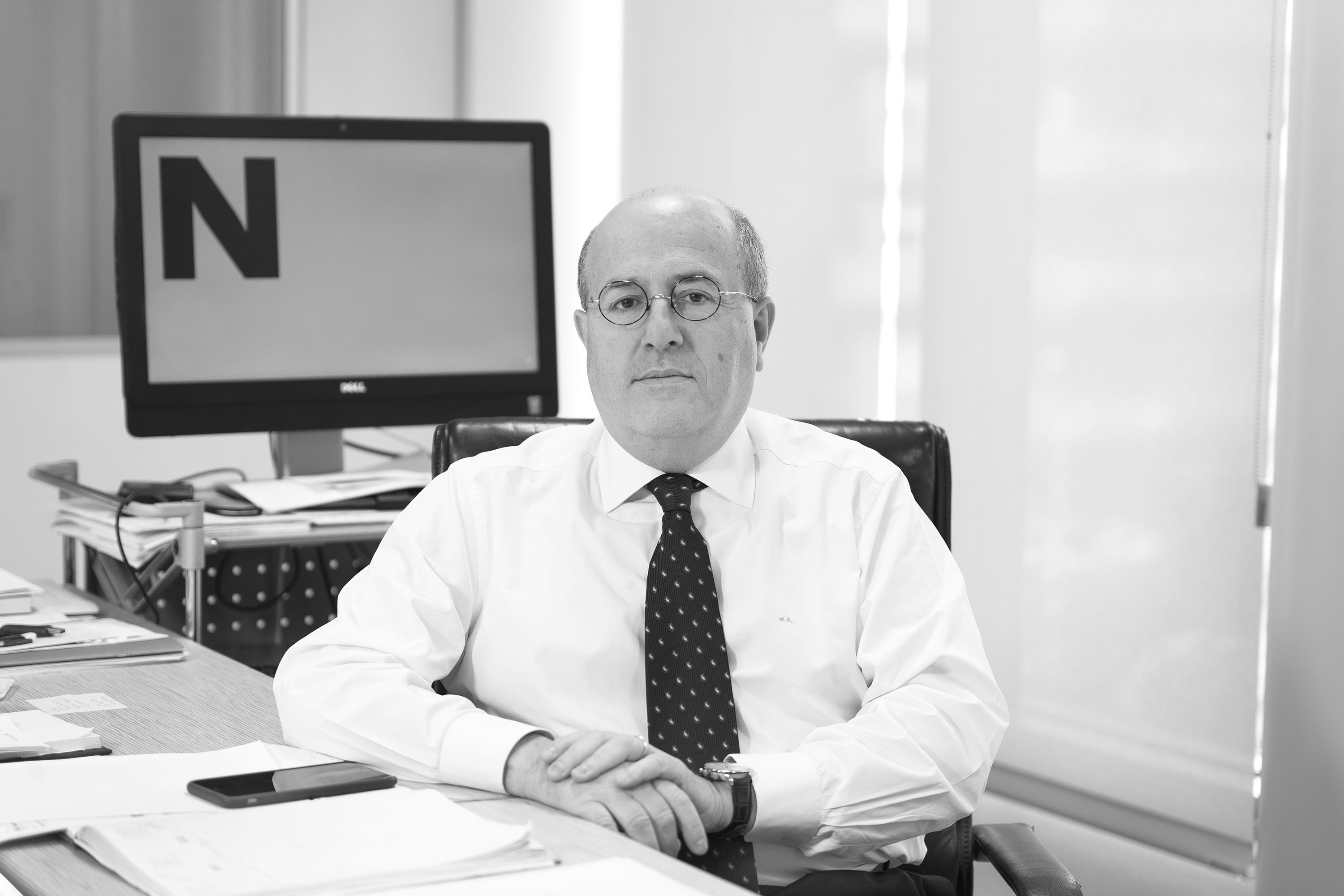The order of prison without bail for Jordi Sànchez and Jordi Cuixart, handed down on Monday by Carmen Lamela, a judge of Spain's National Audience court, accepting the petition from the public prosecutor, puts the conflict between Catalonia and Spain in one of the most critical states since it began in 2010. The leaders of the pro-independence entities which have been there during the whole process and which are the organisers of the peaceful demonstrations that have stunned the world for their civility and turnout aren't the representatives of a criminal organisation nor at the front of a group of delinquents. They're leaders of civil entities with deep roots in Catalan society. Sànchez, president of the ANC (Catalan National Assembly), has been an activist since the 80s known for his non-violence and pacifism. Cuixart leads Òmnium Cultural, an entity created in 1961 to promote the Catalan language, spread its culture and, in recent years, promote independence. In 1963, the Franco regime closed its headquarters and banned its activities, but in 1967 it achieved legalisation.
This explanation of what ANC and Òmnium have represented and still represent is essential to understand the scale of the colossal error the Spanish government has made, through the Justice Ministry and the Public Prosecutor Service, giving a coat of verisimilitude to the crime of sedition for the gatherings in front of the Catalan Economy department on 20th September whilst the department was searched by the Civil Guard. Spain has acted blindly, based on its previous experience in the Basque Country, unaware of the reality in Catalonia and the feelings there and convinced, as it is, that repression will revert the boom in the independence movement, will make it fall into contradictions, will break its unity, will force it to take a step back and will end up calling Catalan Parliament elections. This error, just fifteen days after they were incapable of finding a single ballot box of the more than 6,000 before they were put out in polling stations around Catalonia on 1st October, shows to what extent they can stumble twice in a row.
With this move, Rajoy will tranquilise his hooligans and the most radical sectors of his party. And the paper, radio and television media. Ciudadanos (Citizens) will also celebrate it. But the satisfaction will not go much further. PSC (Socialist Party of Catalonia) has bad times to come since the irritation for its support of the state's repression won't be solved with a few tweets from Iceta, Parlon and company. Speaking frankly, the dilemna for the police on 1st October returns even stronger: either they're with the ballot boxes, or they're with the batons.
Nor is it a coincidence that the detention of Cuixart and Sànchez coincides with the letter from Carles Puigdemont to Mariano Rajoy in which he insisted on dialogue, negotiation and mediation and asked him for a meeting, setting a period of two months to reach an agreement. Article 155 of the Constitution, which has already been present in one way or another for some time, is starting to take shape even before Rajoy's final deadline of Thursday has come.
Trapero, head of the Mossos d'Esquadra (Catalan police), who also had to appear before the National Audience, had better luck than Cuixart and Sànchez. It's true that he wasn't sent to jail as the prosecutor had asked, but the cautionary measures imposed by the judge are not only unreasonable but clearly unjust for a public servant with an impeccable record. His experience with ministers of very different political views proves it. The improvised response in the streets of Barcelona as soon as the detention of Cuixart and Sànchez was learned of, with cars blowing their horns and the return of the cassolades of residents banging pots and pans on their balconies clearly show the outrage of a broad swathe of the public towards a measure that the Spanish government should have avoided through the prosecutor. In Spain there are once again political prisoners.

